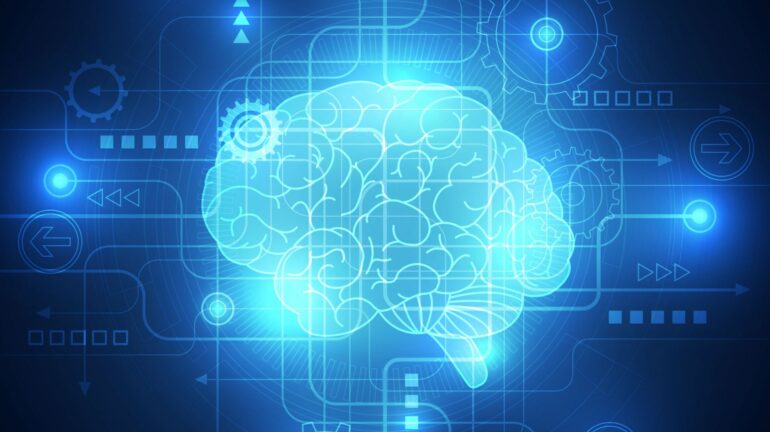
AI has the potential to revolutionize healthcare by enhancing diagnostics, treatment, research, and patient care. Here are 10 ways AI can make a significant impact:
Medical Imaging Analysis: AI can analyze medical images like X-rays, MRIs, and CT scans to detect diseases like cancer, cardiovascular conditions, and neurological disorders. This speeds up diagnosis and improves accuracy.
Personalized Treatment Plans: AI can analyze patient data and medical records to recommend personalized treatment plans based on individual health conditions, genetics, and responses to previous therapies.
Drug Discovery and Development: AI can analyze massive datasets to identify potential drug candidates, predict their effectiveness, and accelerate the drug development process, reducing time and costs.
Virtual Health Assistants: AI-powered virtual assistants can provide patients with medical information, schedule appointments, and offer guidance on managing chronic conditions, enhancing patient engagement and access to healthcare.
Predictive Analytics: AI can predict disease outbreaks, patient readmissions, and potential health risks by analyzing data from electronic health records, wearable devices, and environmental factors.
Genomic Analysis: AI can analyze genetic data to identify genetic predispositions to diseases, allowing for early intervention and personalized preventive measures.
Remote Monitoring and Telemedicine: AI-enabled devices and applications can remotely monitor patients’ vital signs, allowing healthcare professionals to intervene if anomalies occur. Telemedicine platforms can connect patients with doctors for consultations and follow-ups.
Robot-Assisted Surgery: AI-powered surgical robots can assist surgeons by enhancing precision, reducing invasiveness, and allowing for complex procedures to be performed with greater accuracy.
Natural Language Processing (NLP): NLP enables AI to process and understand human language. This can improve clinical documentation, streamline medical coding, and enhance communication between healthcare professionals.
Healthcare Analytics: AI can analyze large volumes of healthcare data to identify trends, optimize resource allocation, and improve hospital operations, ultimately leading to better patient outcomes.
These applications demonstrate the transformative potential of AI in healthcare, but they also come with ethical, privacy, and regulatory considerations that must be carefully addressed for responsible and effective implementation.